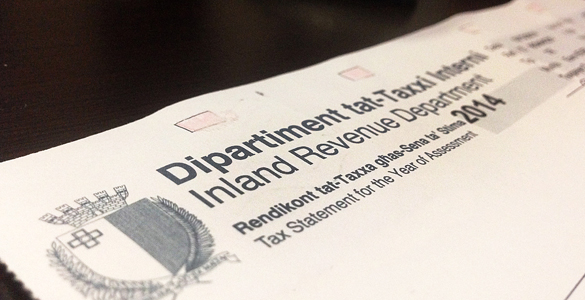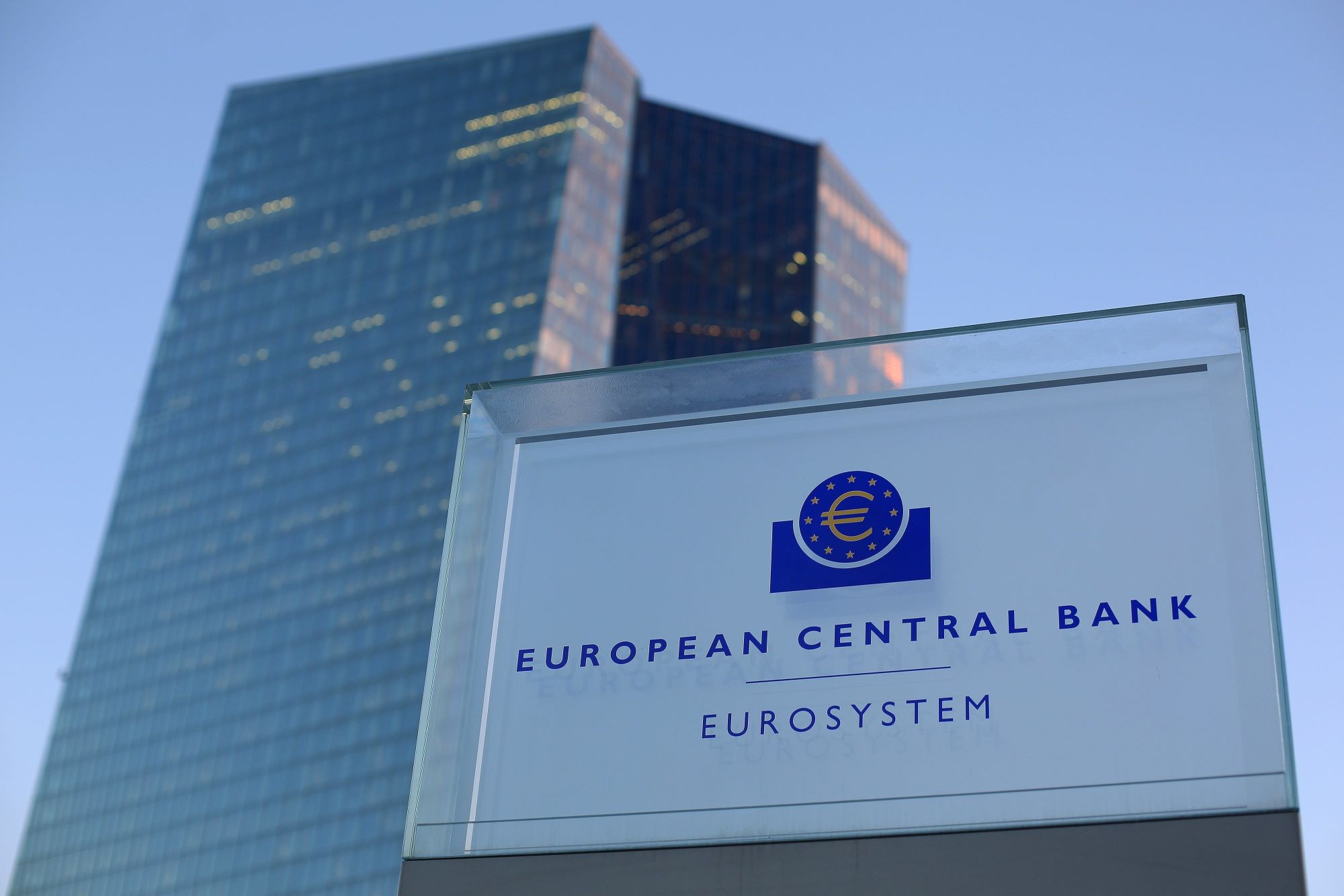Although Malta and Europe are ramping up to introduce environmental, social and governance (ESG) reporting, the lack of clear requirements about the exact requirements and methods of measurement are a significant concern to affected companies and economic stakeholders, according to Malta Developers Association president Michael Stivala.
Speaking to BusinessNow.mt following comments made by Minister for Public Works and Planning Stefan Zrinzo Azzopardi, Mr Stivala said the action proposed by the Minister, for banks to inform construction companies of the impact of ESG reporting on bank financing, is difficult to effect when everyone is left in the dark about what such reporting will entail.

During a press conference last Friday, Minister Zrinzo Azzopardi said that the ministry is working in consultation with the Maltese organisation ESG Platform and that necessary updates are being discussed in the building and construction sector to achieve energy efficiency in every new building and in buildings being renovated.
The Minister said that banks will be taking this factor into account in every decision they take to finance projects, and noted the importance that banks and financial institutions start informing their customers how the financing landscape of each type of building will change.
Discussions between banks and developers are already ongoing, according to Mr Stivala, but are severely hampered by the lack of top-level agreement over what the exact reporting criteria will be.
“The problem is that, even at European Union level, there is no agreement on terminology and targets. The only things in place are the long-term targets we are aiming for, but no intermediary targets, or how things like CO2 emissions, for example, will be measured.”

In essence, “banks cannot be clear at this stage as even they do not know what will happen”.
Although the plans currently being drawn up single out publicly traded companies as the entities who must produce such reporting, Mr Stivala states that the far-reaching nature of these changes should not be underestimated.
“When this obligation starts, the eventual effect is on consumers and suppliers,” he claims. “If a public limited company (plc) buys something from a supplier, it needs to be sure that the supplier is in conformance with the ESG reporting of the buyer. In other words, before working with you I need to ask what your targets are, and if you’re not in line I cannot buy from you.”
He stresses that the MDA agrees with the introduction of ESG reporting, saying it will improve sustainability from an environmental point of view – a hot topic in Malta – as well as in governance accountability and corporate social responsibility – but it, along with every other stakeholder, is currently in the dark about the all-important details.
The issue is not a national one, Mr Stivala notes, but a European one, with no concrete targets or information yet set out.
“Our concern is that we are going to receive information very late and then have a short target date to implement the required changes,” he adds.
“Everything is very, very vague.”
Top 5% of taxpayers responsible for one-third of all income tax paid in Malta
On the other hand, the bottom third of income earners pay just 1.7% of all income tax generated
The Malta Institute of Accountants prepares for its 2024 Anti-Money Laundering Conference
Held at the Radisson Blu, St Julians, this latest AML Conference promises to bring exclusive insights on new procedures
Eurozone interest rates to remain unchanged
The European Central Bank noted that price pressures remain persistent






